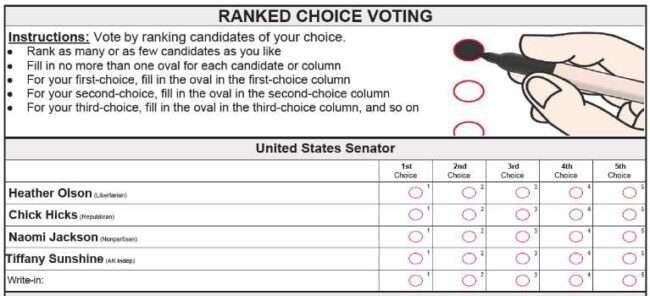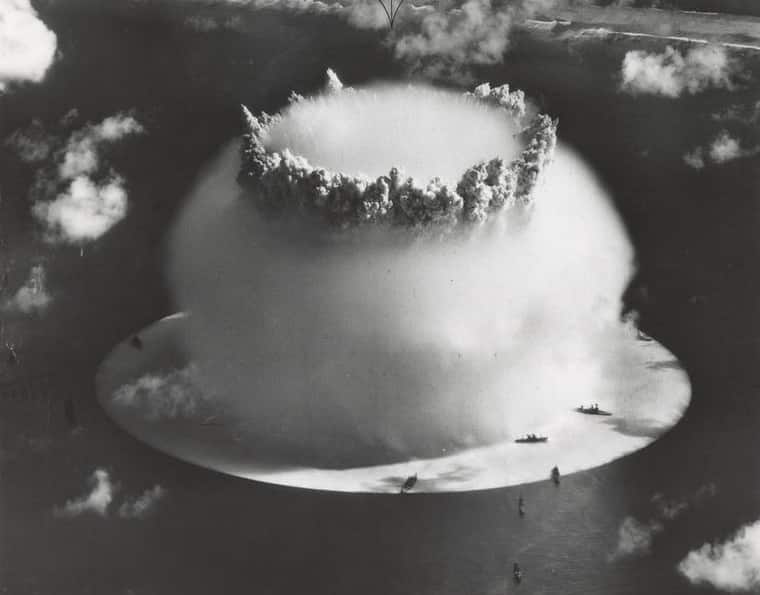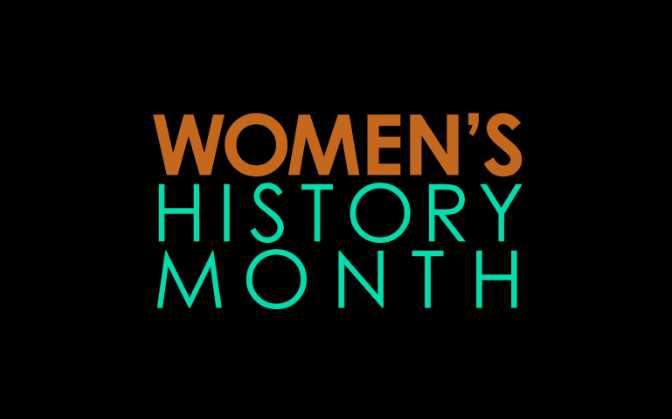
JUNEAU, AK – Ranked choice voting and open primaries likely boosted political diversity and representation in the new Alaska legislature, specifically for Independents. That’s according to new analysis from Sightline Institute that compared the political party, age, gender, and racial makeup of the state’s legislative classes from 2008 to 2022. Other groups—younger people, women, and people of color—either gained seats or maintained previous gains, but due to demographic and other factors rather than the election system.
“Open primaries and ranked choice voting didn’t lead to big, dramatic changes in who went to Juneau,” says Jeannette Lee, Sightline’s Alaska Research Director. “For instance, the Republicans have been in power for years and still are. And the incremental shifts we’re seeing in the age, gender, and race categories can reasonably be traced to other forces that are much larger and farther-reaching than Alaska’s election system.
“This really drives home the point that the system wasn’t designed to help this group or that group,” Lee added. “The main purpose is to give voters more freedom to vote their conscience rather than being constrained by party dictates or fears that their favorite candidate will become a spoiler. Ultimately, voters, not the system, control the results.”
Read the full analysis: A Fairer Election System in Alaska Helped More Independents Win Office
[content id=”79272″]






